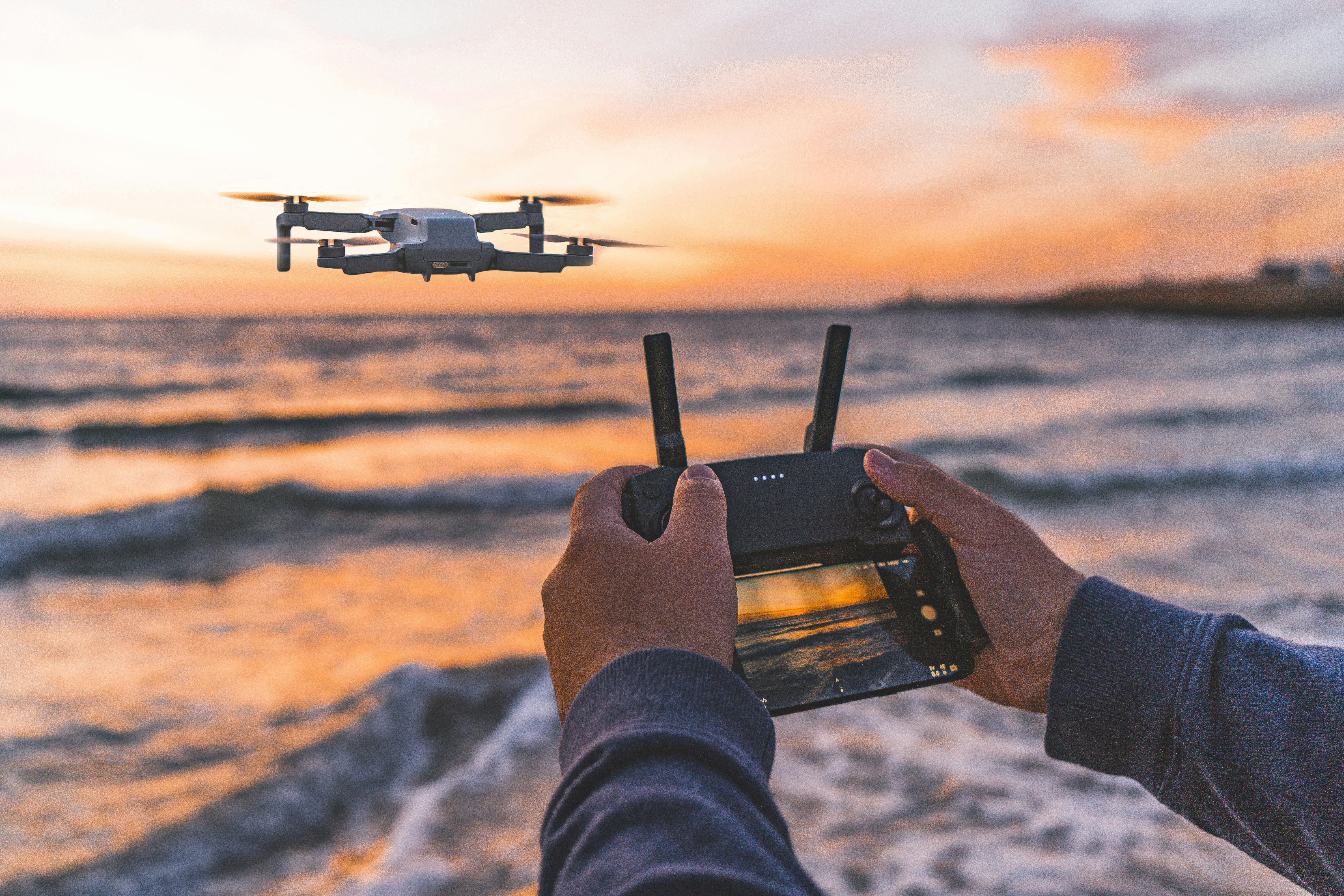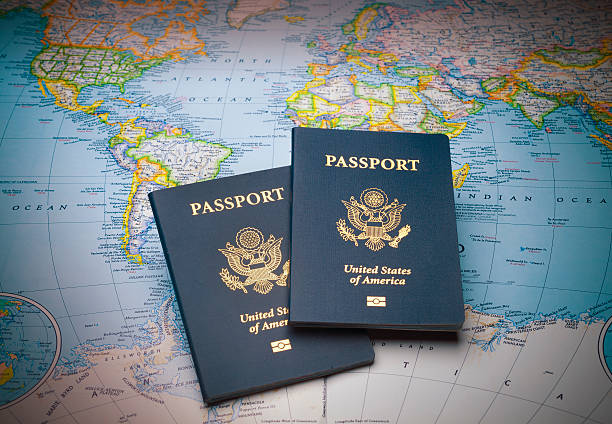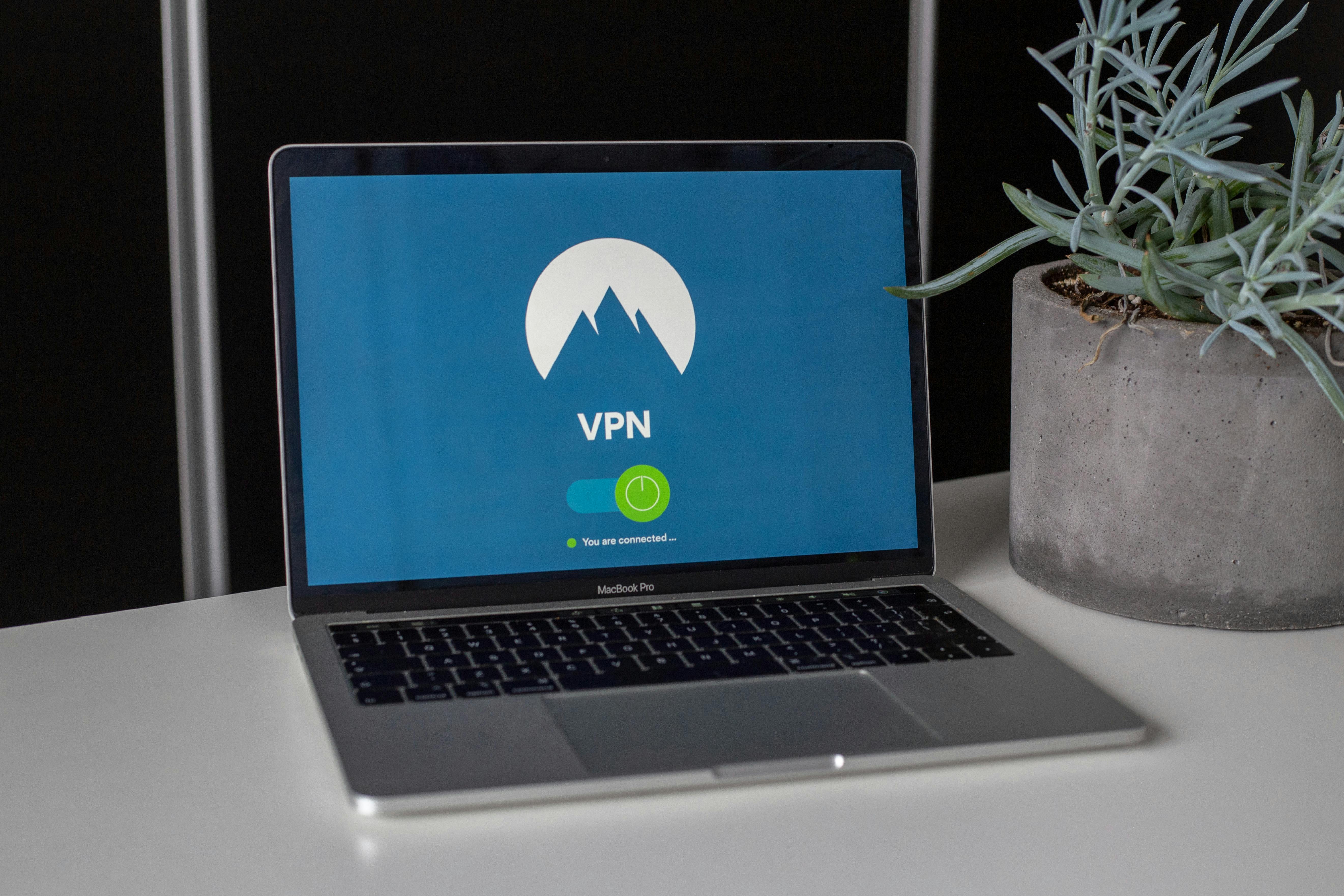
🛫 Drone Laws & Permits by Country: A Content Creator’s Guide
Introduction
In the golden age of content creation, drones have become the modern-day magic carpet, offering sweeping vistas and cinematic shots that captivate audiences. However, before you let your drone soar over the Eiffel Tower or glide through the Amazon rainforest, it's crucial to understand the legal landscape. Drone laws vary significantly across borders, and ignorance is no excuse—especially when fines, confiscations, or worse are at stake.
Whether you're a seasoned filmmaker or an aspiring travel vlogger, this guide will help you navigate the complex web of international drone regulations, ensuring your aerial adventures remain both legal and lucrative.
🌍 Global Drone Regulations: A Snapshot
🇺🇸 United States
In the U.S., drone regulations are primarily governed by the Federal Aviation Administration (FAA). For commercial operations, drone pilots must obtain a Part 107 Remote Pilot Certificate. This certification requires passing an aeronautical knowledge test and is valid for two years. Additionally, drones must be registered with the FAA, and pilots must adhere to specific operational limitations, such as flying below 400 feet and maintaining a visual line of sight.
🇬🇧 United Kingdom
The UK operates under the European Union Aviation Safety Agency (EASA) regulations. Drone operators must obtain one of three Remote Pilot Competency Certificates: A1, A2, or A3, depending on the drone's weight and intended operation. These certifications require passing an online exam and, in some cases, a practical flight test. Notably, drones heavier than 250 grams must be registered with the Civil Aviation Authority (CAA).
🇦🇺 Australia
Australia's Civil Aviation Safety Authority (CASA) oversees drone operations. For commercial use, pilots need to obtain a Remote Pilot License (RePL), which involves completing a training course and passing a theory exam. Additionally, drones must be registered, and pilots must adhere to operational limitations, including maintaining a visual line of sight and avoiding restricted airspace.
🇨🇦 Canada
In Canada, drone regulations are enforced by Transport Canada. For commercial operations, pilots must obtain a Remotely Piloted Aircraft Systems (RPAS) Pilot Certificate. This certification requires passing a written exam and, for advanced operations, a flight review. Drones must also be registered, and pilots must comply with specific operational restrictions, such as avoiding airspace near airports and flying below 400 feet.
🇸🇬 Singapore
Singapore's Civil Aviation Authority (CAAS) regulates drone operations. For drones weighing more than 7 kg or flying within 5 km of an aerodrome, operators must obtain a permit. While recreational use is generally permitted, operators must ensure their drones are flown safely and responsibly, adhering to guidelines set by the CAAS.
🎥 Real Talk: Navigating the Legal Skies
As a content creator, staying abreast of drone regulations is not just about avoiding fines—it's about maintaining your credibility and ensuring the longevity of your craft. Here's how you can navigate the legal skies:
-
Research Before You Fly: Always check the local drone laws of your destination. Websites like UAV Coach and Flying Glass offer comprehensive guides.
-
Obtain Necessary Permits: If your drone weighs over a certain limit or if you're flying in restricted areas, ensure you have the required permits. For instance, in Singapore, drones over 7 kg or within 5 km of an aerodrome require a permit from the CAAS.
-
Register Your Drone: Many countries require drone registration, especially for commercial use. In the U.S., drones must be registered with the FAA, while in the UK, registration with the CAA is mandatory for drones over 250 grams.
-
Stay Informed: Drone laws are continually evolving. Regularly check with local aviation authorities and stay updated on any changes.
-
Respect Privacy: Always be mindful of privacy laws. Avoid flying over private property without permission and respect no-fly zones.
🌐 Country-Specific Tips
-
United States: The FAA provides a Drone Zone where you can check airspace restrictions and apply for waivers.
-
United Kingdom: The CAA offers an online registration system for drone operators.
-
Australia: CASA's Drone Safety Rules outline the do's and don'ts for drone pilots.
-
Canada: Transport Canada's Drone Safety page provides resources for drone operators.
-
Singapore: The CAAS has a UAS Information Portal with guidelines and application procedures.
💡 Tips for Budget-Friendly Drone Operations
Flying drones doesn't have to break the bank. Here are some cost-effective strategies:
-
Use Free Online Resources: Leverage free online courses and resources to understand drone regulations and improve your flying skills.
-
Opt for Lightweight Drones: Lighter drones often have fewer regulatory requirements and are more affordable.
-
Plan Your Flights: Research your flight locations in advance to avoid unexpected fees or restricted areas.
-
Join Drone Communities: Engage with online drone communities to share experiences, tips, and resources.
📌 FAQ: Drone Laws & Permits
Q1: Do I need a permit to fly a drone for commercial purposes?
A1: Yes, in most countries, commercial drone operations require a permit or certification. For example, in the U.S., a Part 107 Remote Pilot Certificate is necessary.
Q2: Are there weight restrictions for drones?
A2: Yes, many countries have weight-based classifications. For instance, in the UK, drones over 250 grams require registration with the CAA.
Q3: Can I fly a drone near an airport?
A3: Generally, no. Most countries have strict regulations prohibiting drone flights within a certain radius of airports. Always check local regulations before flying.
Q4: Are there any countries where drones are banned?
A4: Yes, some countries have strict drone regulations or outright bans. Always research the specific laws of your destination before flying.
Q5: How can I stay updated on drone laws?
A5: Regularly check with local aviation authorities and reputable drone resources like UAV Coach and Flying Glass.
🛠️ How to Navigate International Drone Regulations
-
Identify Your Drone's Weight and Purpose: Determine if your drone is for recreational or commercial use and its weight class.
-
Research Destination Regulations: Use resources like UAV Coach to understand the specific laws of your destination.
-
Obtain Necessary Permits: Apply for any required permits or certifications well in advance of your trip.
-
Register Your Drone: If required, ensure your drone is registered with the appropriate aviation authority.
-
Adhere to Operational Limitations: Follow all operational guidelines, including altitude limits and no-fly zones.
-
Respect Local Laws: Always respect the privacy and property rights of individuals and communities.
📍 Real-World Examples
-
Maui, Hawaii: Drone flights are permitted, but operators must obtain a permit for commercial use and adhere to specific operational restrictions.
-
Queenstown, New Zealand: Drone pilots must obtain permission from the Department of Conservation before flying in national parks.
-
Paris, France: Drone flights are generally prohibited in the city center, but operators can apply for special permits for specific areas.
📢 Final Thoughts
Navigating the skies as a content creator requires more than just technical skill—it demands a thorough understanding of international drone laws and regulations. By staying informed and adhering to legal requirements, you can ensure that your aerial footage remains both breathtaking and lawful.
Suggested for You

The Official Way To Get a Passport in 2025 - Only @ ContentHub.guru
Reading Time: 6 min
Need a passport fast? Learn the step-by-step process, insider tips, cultural insights, and latest ne...
Read More →
How to Travel to Antarctica: A Raw, Real Talk Guide
Reading Time: 6 min
Planning a trip to Antarctica? Discover budget-friendly tips, essential travel info, and insider adv...
Read More →
Best VPNs for Creators Uploading Abroad: Secure Your Content Anywhere
Reading Time: 6 min
Discover the top VPNs for creators uploading content abroad. Ensure privacy, speed, and access to gl...
Read More →
Google Maps: The World in Your Pocket, or the Pocket Controlling Your World?
Reading Time: 6 min
A deep dive into Google Maps—its history, influence on culture, controversies, and how it shapes our...
Read More →
Comments